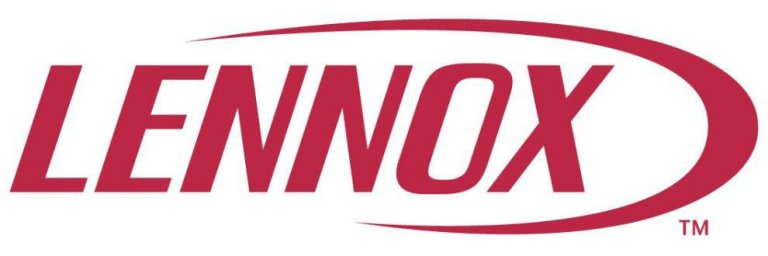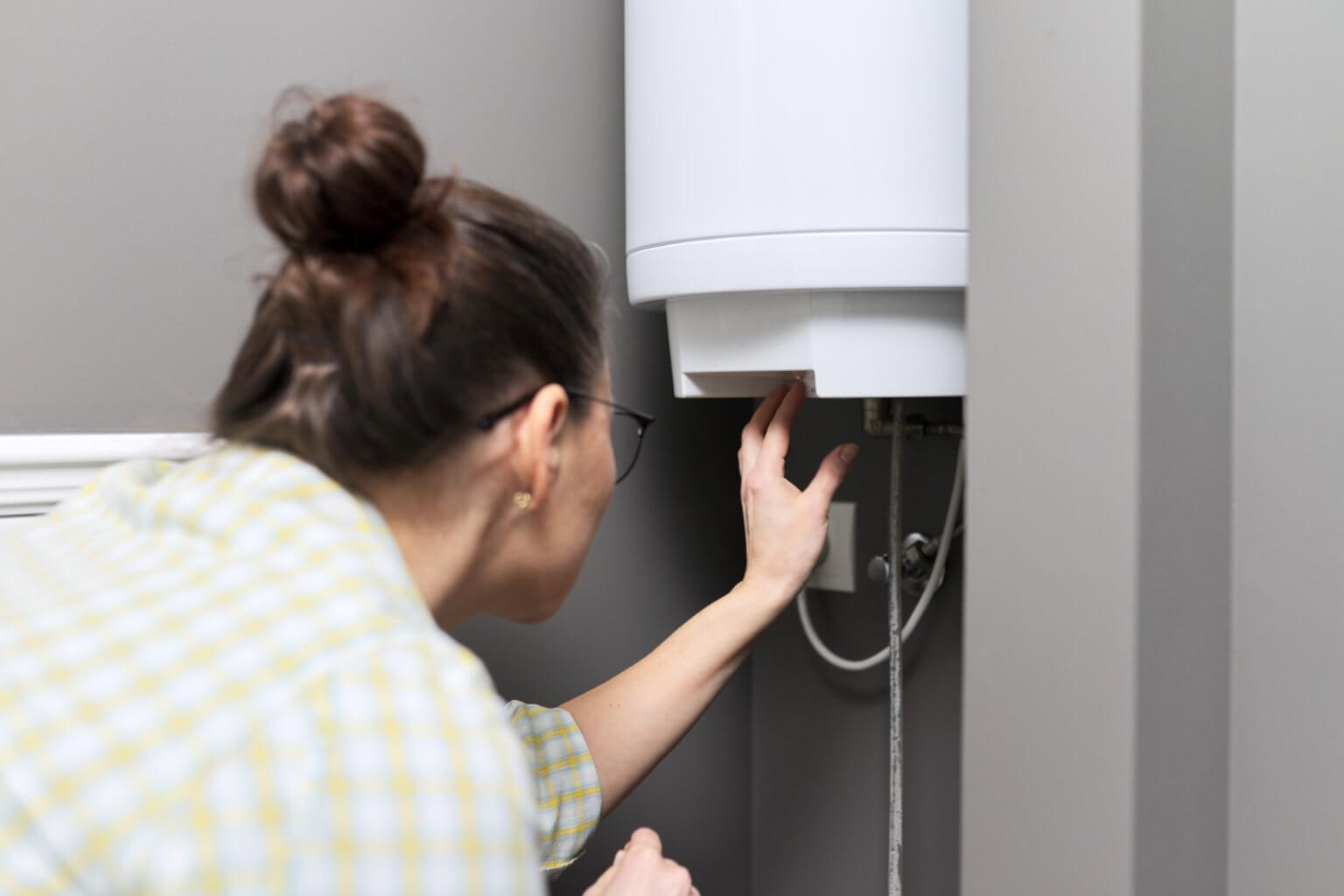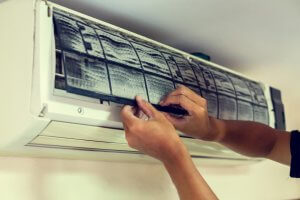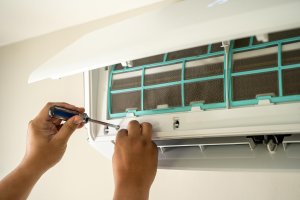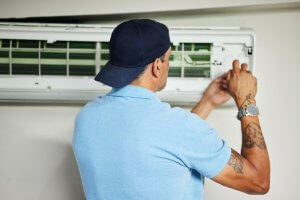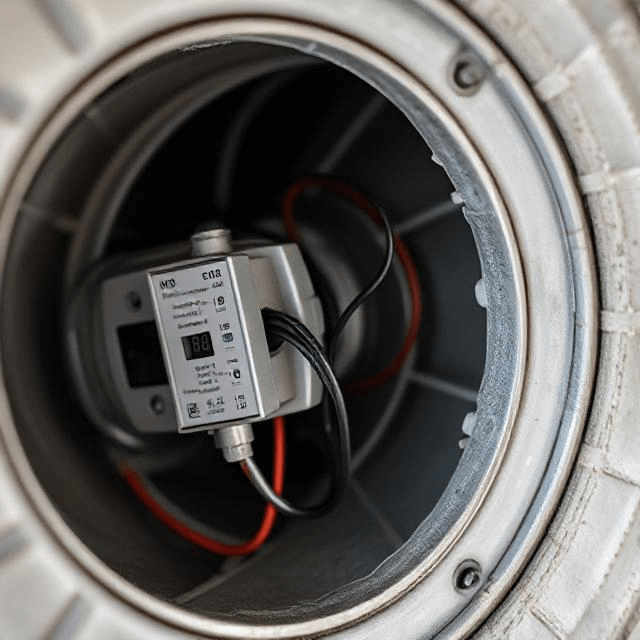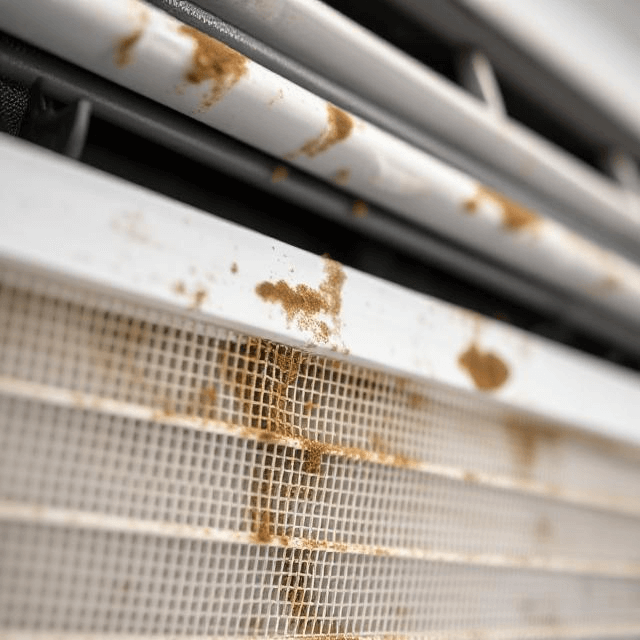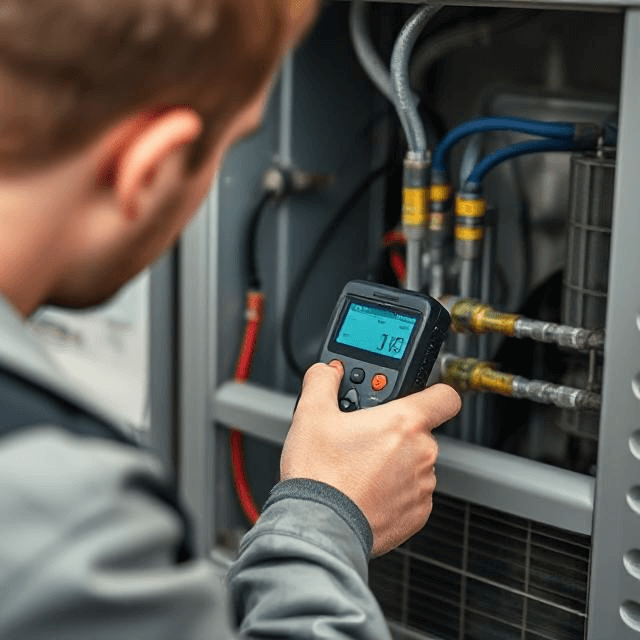Maintaining a comfortable home environment mainly depends on the efficient operation of your HVAC system. However, like any mechanical system, HVAC units can encounter issues affecting performance.
Troubleshooting common problems can save you time, money, and discomfort. In this guide, let’s explore some practical DIY troubleshooting tips for homeowners with Season Control HVAC. With this guide, you can address frequent HVAC issues effectively.
Understanding Your HVAC System
A typical residential HVAC system includes:
- Furnace: Heats the air distributed throughout your home.
- Air Conditioner: Cools the air when the indoor temperature rises above a set point.
- Ductwork: Channels the heated or cooled air throughout the house.
- Thermostat: Controls the temperature setting and regulates when the heating or cooling systems operate.
- Air Filters: Remove particles and contaminants from the air.
DIY Troubleshooting Common HVAC Issues
System Doesn’t Turn On
- Check the Power Source: Ensure your HVAC system is connected to a working power outlet. Check any associated circuit breakers or fuses to see if they have tripped or blown.
- Thermostat Check: Verify the thermostat settings are appropriate for either heating or cooling and that it’s in working order. Sometimes, replacing the batteries or resetting the thermostat can solve the issue.
Inadequate Heating or Cooling
- Air Filters: A common culprit for HVAC inefficiency is a dirty air filter. Check and replace your air filters regularly to maintain airflow and system efficiency.
- Inspect Ductwork: Look for any signs of leaks or blockages in your ducts. Even small leaks can significantly impact system efficiency.
Unusual Noises
- Loose Parts: Rattling or buzzing can indicate loose parts. Secure all panels and check for loose screws or bolts in the unit.
- Blower and Fans: Noise from fans or blowers might suggest debris buildup or an issue with the belts. Cleaning or replacing these parts can reduce noise.
Frequent Cycling or Short Cycling
- Thermostat Placement: Ensure the thermostat is not placed near heat sources like lamps or direct sunlight, as this can cause inaccurate readings and frequent cycling.
- Check Refrigerant Levels: Low refrigerant levels can cause your HVAC system to cycle on and off frequently. This might require a professional to recharge the system.
Bad Odors
- Mold and Mildew: Musty smells often indicate mold or mildew, particularly in the ductwork or near the evaporator coils. Cleaning these areas can help eliminate odors.
- Electrical Issues: A burning smell may suggest an electrical issue. It’s safest to turn off the system and contact a professional.
Water Leaks Around the HVAC Unit
- Check the Condensate Drain Line: Water pooling around your HVAC unit could indicate a clogged condensate drain line. You can try to clear the line using a wet/dry vacuum or a plumber’s snake.
- Inspect the Drain Pan: If the drain pan is damaged or rusted through, it will need to be replaced to prevent water damage.
Weak Airflow from Vents
- Check for Duct Obstructions: Sometimes, poor airflow causes duct blockages, such as dirt, dust, or even furniture blocking air vents. Ensure that all registers and vents are clear of obstructions.
- Examine the Fan Motor: Verify that the fan in your HVAC unit is working correctly. The fan motor might need repair or replacement if it is not running at full speed.
Thermostat Issues Leading to Inefficient Operation
- Calibrate the Thermostat: Sometimes, thermostats lose calibration and don’t reflect the actual temperature. You can use a separate thermometer to verify the thermostat’s accuracy and recalibrate it if necessary.
- Upgrade to a Smart Thermostat: If issues persist, consider upgrading to a smart thermostat. These devices provide better control and efficiency.
When to Call a Professional for an HVAC Issue?
Deciding when to call a professional for HVAC issues can sometimes be tricky. Here’s a guide to help you determine when expert assistance is necessary:
Safety Concerns
First and foremost, safety is paramount. If you encounter any of these issues, it’s best to contact a professional immediately:
- Electrical Problems: Any signs of electrical issues, such as circuit breakers tripping frequently, visible burnt wires, or electrical shocks, are serious safety risks.
- Gas Odors: If you smell gas or suspect a leak in a gas furnace, turn off your system immediately and contact a professional. Gas leaks can be extremely dangerous.
Complex System Issues
Some problems are too complex for typical DIY solutions and require specialized knowledge and tools:
- Refrigerant Leaks: Due to environmental and safety regulations, handling refrigerants requires certification. If you suspect your system is low on refrigerant, a licensed technician must repair the leak and recharge the system.
- Compressor Problems: Issues with the compressor, such as strange noises, hard starts, or not running at all, require professional diagnostics and repair.
Lack of Expertise
If you’re unsure about the cause of the problem or how to fix it, it’s wise to call in the experts:
- Uncertain Diagnosis: If you’ve tried basic troubleshooting and the problem persists, or if the HVAC system’s behavior is inconsistent, a professional can provide a more thorough diagnosis.
- Complex Replacements: Replacing major components, like motors, fans, or heat exchangers, often requires specific technical skills and tools that most homeowners don’t have.
Is Regular HVAC Maintenance Necessary?
Regular maintenance ensures consistent performance, extends its lifespan, and avoids costly repairs. Regular maintenance involves several routine checks and adjustments that can improve your system’s efficiency and safety.
Here’s why you should keep your HVAC in top condition:
- Efficiency: Regularly maintained HVAC systems run more efficiently, which can reduce your energy bills and decrease your carbon footprint.
- Air Quality: A well-maintained HVAC system provides better air quality by ensuring clean filters and coils, reducing the risk of allergens and pollutants circulating throughout your home.
- Prevent Breakdowns: Routine maintenance helps identify potential problems before they become costly repairs or cause your system to break down completely.
Final Thoughts: Maximizing HVAC Efficiency and Longevity
Effective maintenance is crucial for a comfortable and efficient home. Utilize the DIY tips in this guide to tackle common issues and ensure your HVAC system performs optimally.
Contact Season Control for complex or hazardous problems or to ensure thorough maintenance. Regular professional HVAC servicing will extend your system’s lifespan and prevent unexpected failures.
